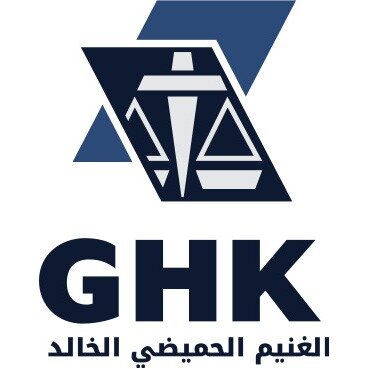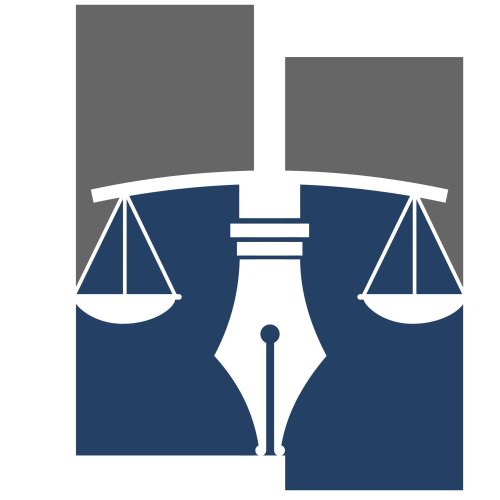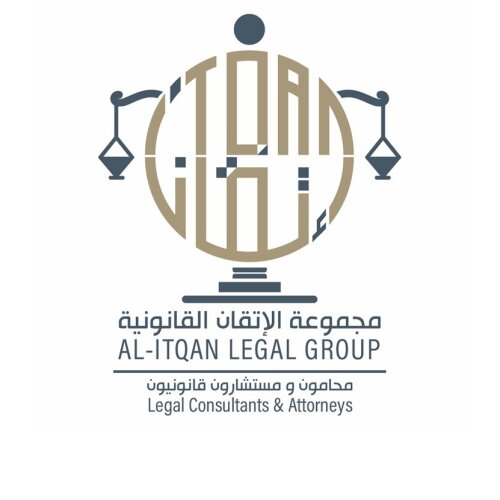Best Energy Regulatory Law Lawyers in Kuwait City
Share your needs with us, get contacted by law firms.
Free. Takes 2 min.
List of the best lawyers in Kuwait City, Kuwait
About Energy Regulatory Law in Kuwait City, Kuwait
Energy Regulatory Law in Kuwait City, Kuwait, encompasses the legislative framework, policy guidelines, and regulatory processes governing the production, distribution, and consumption of energy resources. In Kuwait, which holds significant oil and gas reserves and is highly reliant on energy for its economic prosperity, robust energy regulation ensures fair market practices, sustainable resource management, and compliance with both national and international standards. The legal landscape covers areas such as oil and gas extraction, electricity generation and transmission, renewable energy integration, licensing, environmental considerations, and utility regulation.
Why You May Need a Lawyer
There are many circumstances in which individuals, business owners, or organizations in Kuwait City may require legal guidance relating to Energy Regulatory Law. Common situations include negotiating energy contracts, securing government approvals for energy projects, handling regulatory compliance for oil and gas operations, resolving disputes with service providers or authorities, responding to environmental regulations, participating in renewable energy ventures, and managing concerns related to tariffs or utility rates. A specialized lawyer can provide clarity on rights and obligations, represent your interests in front of regulatory bodies, and ensure that all transactions or operations are within the bounds of the law.
Local Laws Overview
Kuwait’s legal framework for energy regulation is primarily rooted in statutes enacted by the National Assembly and implemented by regulatory authorities such as the Ministry of Oil and the Ministry of Electricity, Water and Renewable Energy. Key aspects of local laws include:
- Exclusive rights and concessions for oil and gas exploration are typically held by state-owned entities such as Kuwait Petroleum Corporation (KPC).
- Foreign investment in energy projects is carefully regulated and generally requires direct partnership or authorization from relevant ministries.
- Licensing requirements govern the import, export, generation, and distribution of energy products.
- The regulatory landscape is influenced by agreements and policies geared towards environmental protection and sustainable development.
- Electricity and water production and distribution are managed by governmental agencies, with growing opportunities for private and international collaboration in renewable energy.
- Dispute resolution mechanisms are available through administrative channels or courts, with a focus on mediation and arbitration in commercial disputes.
Given the complexity and dynamic nature of energy law in Kuwait, up-to-date legal advice is essential for anyone dealing with regulatory issues or entering energy-related transactions in Kuwait City.
Frequently Asked Questions
What is the main governmental authority regulating energy in Kuwait City?
The Ministry of Oil and the Ministry of Electricity, Water and Renewable Energy are the principal regulators. The Kuwait Petroleum Corporation (KPC) manages oil sector interests.
Can foreign companies participate in energy projects in Kuwait?
Yes, but foreign participation is subject to strict regulation. Most projects require joint ventures with local or state entities and government approval.
Are there opportunities for renewable energy projects in Kuwait City?
Yes, the government is promoting solar, wind, and other renewable projects to diversify the energy mix. Licensing and approval processes apply.
What licenses are required for energy projects?
Obtaining the relevant licenses depends on the project type, such as exploration, production, or distribution. The process involves applications to the appropriate ministry and compliance with regulations.
How are energy tariffs and utility rates set?
Tariffs and rates are often set by the government to ensure affordability and reflect economic priorities, with some input from regulatory bodies and service providers.
What are the key environmental regulations affecting energy operations?
Environmental regulations demand impact assessments, pollution controls, and compliance with international standards, overseen by authorities such as the Environment Public Authority (EPA).
How are disputes between energy companies and government bodies resolved?
Disputes can be resolved through administrative appeals, mediation, arbitration, or litigation in Kuwaiti courts, depending on contract terms and the nature of the disagreement.
Are Kuwait’s energy regulations different from those in other Gulf countries?
While there are similarities across the GCC, each country has unique laws, especially regarding foreign investment, environmental standards, and privatization.
What role do state-owned enterprises play in energy regulation?
State-owned enterprises such as KPC hold exclusive rights to hydrocarbons and influence decision-making regarding contracts, export, and sector development.
Do I need legal advice when negotiating energy contracts in Kuwait City?
Yes, professional legal advice is crucial due to complex regulations, licensing issues, and the need to comply with Kuwaiti law and policy.
Additional Resources
For additional guidance and support, consider the following resources:
- Kuwait Ministry of Oil – For policies, licenses, and regulations related to hydrocarbon sectors.
- Ministry of Electricity, Water and Renewable Energy – For renewable energy projects, utility regulations, and consumer guidance.
- Kuwait Petroleum Corporation (KPC) – For information on state-led energy activities and investment opportunities.
- Environment Public Authority (EPA) – For compliance with environmental standards impacting energy projects.
- Kuwait Chamber of Commerce and Industry – For business and regulatory updates in the energy sector.
- Local law firms specializing in energy and infrastructure projects – For case-specific legal advice.
Next Steps
If you believe you need legal assistance regarding Energy Regulatory Law in Kuwait City, start by identifying your specific needs or issues, such as licensing, environmental compliance, contracts, or dispute resolution. Gather any relevant documentation and background information. Next, consult with a qualified local lawyer or law firm experienced in energy regulation and Kuwaiti law. Many legal professionals offer initial consultations to assess your situation and advise on the most effective course of action. Take the time to communicate your needs clearly and ask about timelines, potential challenges, and legal fees before proceeding. Acting proactively can help ensure compliance, minimize risk, and support the success of your energy-related endeavors in Kuwait City.
Lawzana helps you find the best lawyers and law firms in Kuwait City through a curated and pre-screened list of qualified legal professionals. Our platform offers rankings and detailed profiles of attorneys and law firms, allowing you to compare based on practice areas, including Energy Regulatory Law, experience, and client feedback.
Each profile includes a description of the firm's areas of practice, client reviews, team members and partners, year of establishment, spoken languages, office locations, contact information, social media presence, and any published articles or resources. Most firms on our platform speak English and are experienced in both local and international legal matters.
Get a quote from top-rated law firms in Kuwait City, Kuwait — quickly, securely, and without unnecessary hassle.
Disclaimer:
The information provided on this page is for general informational purposes only and does not constitute legal advice. While we strive to ensure the accuracy and relevance of the content, legal information may change over time, and interpretations of the law can vary. You should always consult with a qualified legal professional for advice specific to your situation.
We disclaim all liability for actions taken or not taken based on the content of this page. If you believe any information is incorrect or outdated, please contact us, and we will review and update it where appropriate.














